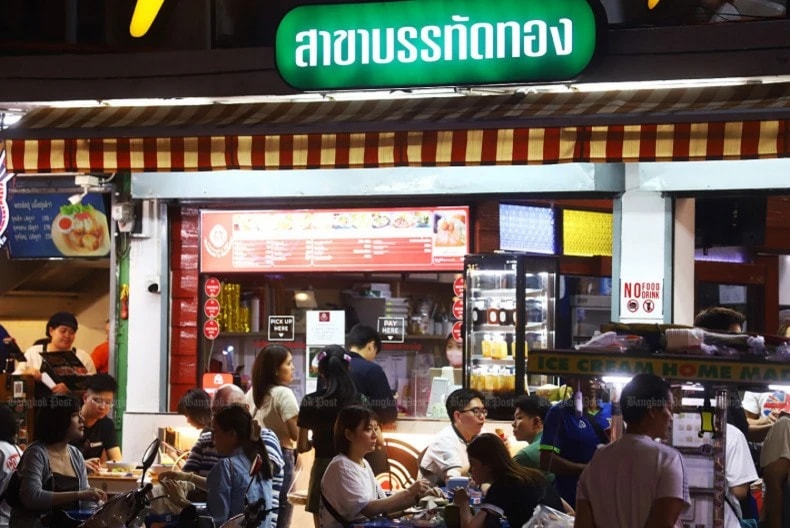Thailand offers new incentives to support SMEs
One key measure to support Thai entrepreneurs is an increase in the corporate income tax (CIT) benefits granted to BOI-promoted SMEs, which will now receive a five-year CIT exemption equal to as much as 100% of their investment in enhancing their capabilities and improvements, up from the previous three-year CIT exemption capped at 50% of investment.

Board of Investment (BOI) has approved new measures to better support small and medium-sized enterprises (SMEs), which are facing tough competition and the impact of US President Donald Trump's stiff tariffs.
One key measure to support Thai entrepreneurs is an increase in the corporate income tax (CIT) benefits granted to BOI-promoted SMEs, which will now receive a five-year CIT exemption equal to as much as 100% of their investment in enhancing their capabilities and improvements, up from the previous three-year CIT exemption capped at 50% of investment.
The BOI approved measures to promote investment in tourism infrastructure businesses in the 55 so-called second-tier provinces.
The measures are in line with the government's policy to upgrade tourism infrastructure and develop new attractions to promote the distribution of visitors to less visited areas and to spread nationwide the economic benefits of tourism.
Investment accounts in hotel businesses in these provinces will be exempted from corporate income tax for five years, instead of three years as before.
A meeting of the BOI chaired by Finance Minister Pichai Chunhavajira also decided to suspend investment promotion for some sectors that are at risk of "oversupply" or have negative impacts on the environment. The affected sectors include solar cell and battery cell manufacturing products, some auto parts, steel pipes, hot-rolled steel and long steel.
Facing the tariff of 36% imposed by the US, Thailand will have to monitor new investment proposals more closely to ensure that essential production processes are actually taking place in the country. In addition, potential investors also face stricter standards and packaging on the ratio of foreign personnel to domestic ones and minimum wages for foreigners.
